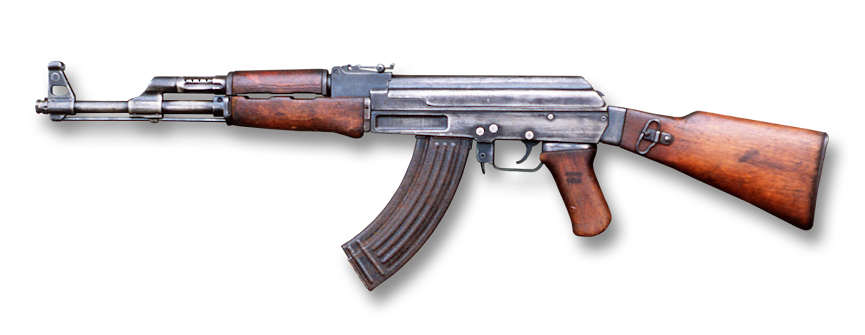At Der Spiegel, "The Role of a Lifetime":
Vladmir Putin thought he would roll into Kyiv almost unchallenged. But the Ukrainians refuse to give it – led by a man who seems perfectly adapted to the role history has asked him to fill: Ukrainian President Volodymyr Zelenskyy. It often seems these days like there isn’t just one Volodymyr Zelenskyy, but many of them. The Ukrainian president can be seen addressing the European Parliament, he can be seen speaking to cheering masses of peace demonstrators from the big screen in Prague or Frankfurt, and he can be seen delivering video addresses – as he did this week – to lawmakers in Ottawa, Washington and Berlin. And his speeches are tailored perfectly for his target audience. In London, he deployed a modified version of a quote from Winston Churchill, the World War II hero who is deeply venerated in the United Kingdom, saying: "We will fight in the forests, in the fields, on the shores, in the streets." In his address to parliamentarians in the Canadian capital of Ottawa, he beseeched Prime Minister Justin Trudeau to imagine that it was his country that was being attacked: "Imagine that at 4 a.m., each of you start hearing bomb explosions. Severe explosions. Justin, can you imagine hearing it? You, your children hear all these severe explosions: … bombing of Ottawa airport, tens of other cities of your wonderful country. Can you imagine that?” In Washington, he compared Ukraine’s situation with the trauma of the U.S. after the bombing of Pearl Harbor in World War II and the terrorist attacks of Sept. 11, 2001. He then showed a video clip of falling bombs, of people fleeing, of dead and injured children. It was such a moving and disturbing film, that some of the members of Congress could be seen wiping tears from their eyes and the broadcaster CNN apologized afterwards for not having warned its viewers of the drastic images. In a video speech to the Bundestag in Berlin, Zelenskyy adopted a more severe tone and scolded Germany for its overly cozy economic relations with the Putin regime. "We saw how many ties your companies still have with Russia," Zelenskyy said. His government, he added, issued plenty of warnings to Germany that Moscow could use the natural gas pipeline Nord Stream 2 as a weapon and to prepare for war. "We heard in response that it was an economy after all. Economy. Economy. But it was cement for a new wall." He then addressed Chancellor Olaf Scholz directly: "Chancellor Scholz! Tear down this wall. Give Germany the leadership you deserve." That, too, was a historical reference, this time to U.S. President Ronald Reagan’s famous Berlin Wall speech from 1987, when he demanded that then-Kremlin boss Mikhail Gorbachev tear down the Berlin Wall. A Global Audience Zelenskyy’s message to the West is clear: Help us. You must do much more. In the Ukrainian capital of Kyiv, meanwhile, antitank obstacles are blocking the streets of Kyiv, missiles are slamming into residential buildings and people are crowding into subway stations to find shelter from the onslaught. Zelenskyy has become a hero essentially overnight, the David who is fighting against Goliath. Good against evil. The unlikely war president, a Churchill dressed in an olive-green T-shirt and fleece jacket, a man who was ridiculed as a political clown until just recently. Now, he has catapulted himself onto the world stage and is reaching a global audience. Zelenskyy is far from being the only one who is standing up to the Russian invasion. Hundreds of thousands of soldiers are fighting the invaders, including members of the Territorial Defense Forces, doctors, first responders, logisticians, cooks, helpers and an army of volunteers. There is the mayor of the country’s second-largest city of Kharkiv, under attack by Russian troops. He speaks no Ukrainian, only Russian, but he has left no doubt that his city belongs to Ukraine. There is the young administrator in the city of Mykolaiv in the country’s embattled south who has become a media star in his own right with his regular video appearances. There is the mayor of the town of Melitopol, who was taken prisoner by the Russians, only to be freed by the Ukrainians. "There is something like a collective Zelenskyy," says Kyiv-based political scientist Volodymyr Fessenko. And then, of course, there is Vitali Klitschko, the former heavyweight boxer who was elected mayor of Kyiv in 2014. Together with his brother Vladimir, Klitschko has made clear that he will not leave the city and intends to fight to the end. He has been a constant presence in the city the Russians are striving to encircle as he visits destroyed buildings and encourages aid workers and other volunteers. But it is Volodymyr Zelenskyy who has become the face of the resistance against Russia’s aggression.

















